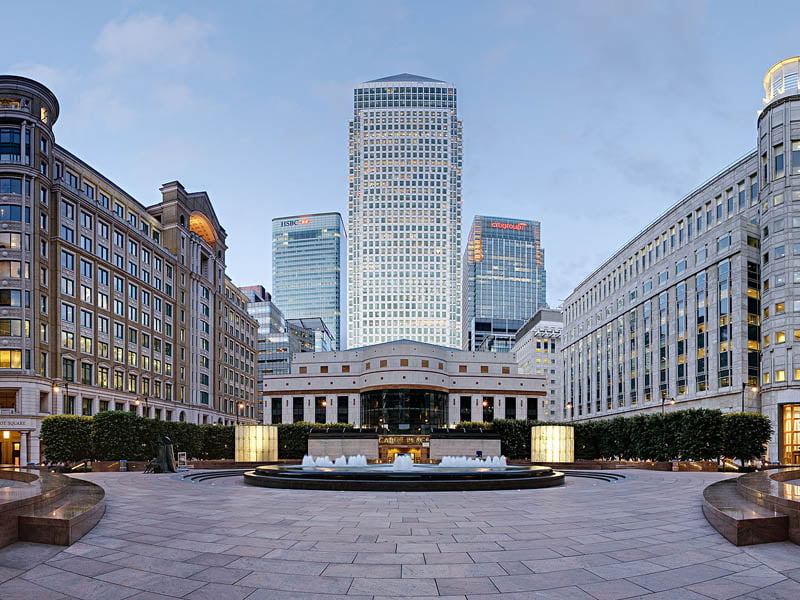Last week saw the launch of a new Sydney based tech startup group called, rather imaginatively, TechSydney. It is a worthwhile exercise and should be a success, if the attendance of 200 people at the first meeting is any indication.
InnovationAus.com wrote about the launch and the elephant in the room – Sydney’s expensive property market. Sydney is a property-obsessed city, with some of the most expensive real estate in the world.
The inner city is the most expensive, and that is exactly where startups want to be. They want to be near universities and other startups – and near the cafes and pubs and restaurants where these people hang out.

That means they need to pay high rents, which is a precondition of being in the city, which further means that the cost of real estate is a much higher proportion of their expenses than if they were operating out of Wagga Wagga or Toowoomba – or even Hobart or Adelaide.
This is all fine, but it means that property – and property prices – are an essential part of the startup discussion. Real estate, purchased or rented, is not free. Property, especially in a place like Sydney, is essential part of the equation. Is it worth the higher rent to be in the inner city?
But TechSydney has not talked about any of this, which is surprising. InnovationAus.com has come in for some criticism for even raising the matter. The reality is that in an expensive market, property prices is an element in a startup’s eventual success (or otherwise.) It’s all about cashflow (or burn), and property rental is a serious expense.
Consider what is happening in London, another city with stratospheric property prices and a startup boom. London has confronted the issue head-on in dealing with this matter.
As it happens, I was there a month or so ago, and visited the well-known Level39 FinTech incubator at Canary Wharf. I wrote a short piece about it.
But Londoners, it seems, are not so shy about linking property issues to the startup process.
Canary Wharf is the large precinct in the old docklands east of London that has become the capital’s new financial centre. So much so that the old school tie chaps in the City have muscled in, afraid that they have been missing out on some of the action.
Innovate Finance, the industry group formed to advance the UK as a global FinTech hub, has as its prime sponsors the City of London Corporation and the Canary Wharf Group, which is now the UK’s biggest property development company.
It is in the process of developing a new area east of the current docklands development that will almost double the size of the Canary Wharf precinct.
Canary Wharf Group is a serious property player, and even partially-funded the extension to the Jubilee Line underground, which new links the area directly to central London (you used to have to change to Docklands Light Rail).
The City of London Corporation is actually the local government authority for the City (that is, the famous square mile of the financial district, not the broader metropolis, which has its own governing body).
It is over a thousand years old, predating the Norman conquest, and is one of the oldest commercial organisations in the world.
The Corporation’s strong presence in Canary Wharf, far beyond its historical boundaries to the west and north of the Tower of London, is a classic case of “if you can’t beat ‘em, join ‘em.” The Corporation stopped fighting the flight of financial institutions from the City to Canary Wharf and started investing in the upstart region. Today it is all about cooperation as much as competition.
So why are a property developer and a local government authority the driving force behind the promotion of London as a FinTech hub? It’s all about critical mass. When you visit Level39 the link between FinTech startups and London commercial property interest is obvious.
Level39, the incubator, was actually started by Canary Wharf Group, the property developer. Imagine that happening in Sydney?
A key driver behind the foundation of Level39 was to create new FinTech companies that would grow large enough to take up office space in Canary Wharf, as has already happened in a number of cases.
FinTech companies like Digital Shadows, Growth Intelligence and eToro all started in Level39 and are now tenants – of Canary Wharf Group – elsewhere in the complex.
Level39 does not take equity in the startups it houses – that comes from corporate partners. Its interest is in growing the whole vibrant, shiny FinTech sector as tenants, thus attracting more businesses to the area, thus ensuring a vibrant property market. Pretty logical when you think about it.
“We want them to succeed and grow into larger offices here,” says Canary Wharf Group CEO Sir George Iacobescu, writing in his introduction to the publication celebrating Level39’s third birthday.
“At the same time we are a magnet to large corporate partners who want to work with our community. These giants are keen to benefit from the global reputation Canary Wharf has a place for technology, innovation and growth.”
Canary Wharf recognises the relationship between innovation and property. Perhaps one day Sydney will too.
Do you know more? Contact James Riley via Email.

